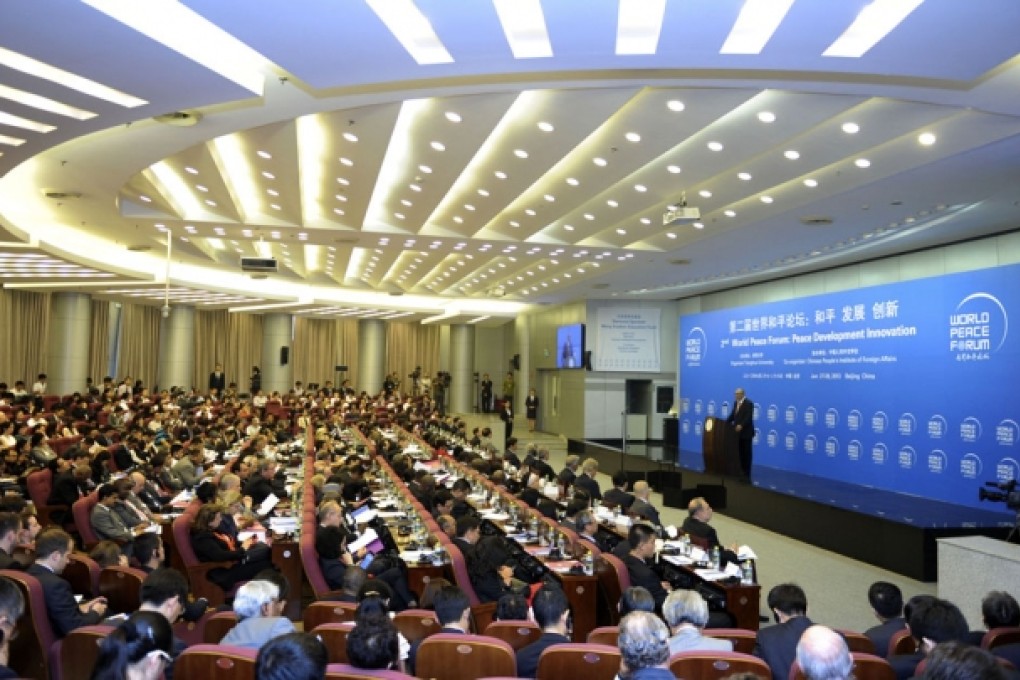World Peace Forum experts call for global effort to boost internet security

Common criminal or much-needed whistle-blower? The Edward Snowden case divided opinion among the dignitaries, diplomats and academics at the World Peace Forum in Beijing.
But they all agreed that international collaboration was needed to draw up ground rules to make the internet more secure.
Roy Stapleton, a former US ambassador to Beijing, saw no connection between Snowden's release of information on US National Security Agency hacking and surveillance and the issue of cybersecurity.
"He's a criminal who stole and made public government classified documents he should not have gained access to," said Stapleton, who served in Beijing from 1991 to 1995 and went on to head the Kissinger Institute on China and the United States.
Stapleton defended the US cybersnooping programme, saying it had been approved by Congress and was carried out in accordance with the law.
Jessica Mathews, president of the Carnegie Endowment for International Peace, a Washington-based think tank, labelled Snowden a felon and said he acted against the laws of most countries - including China.